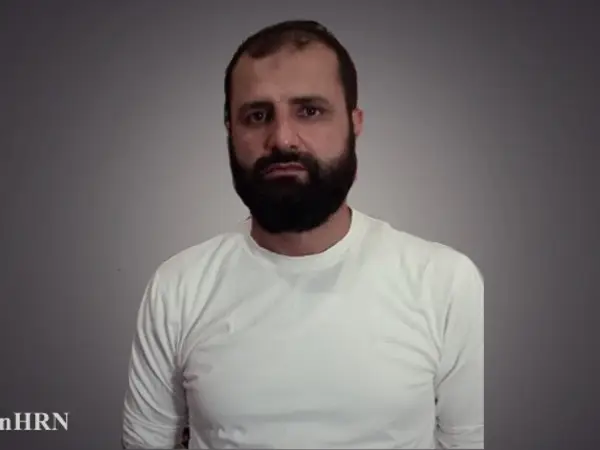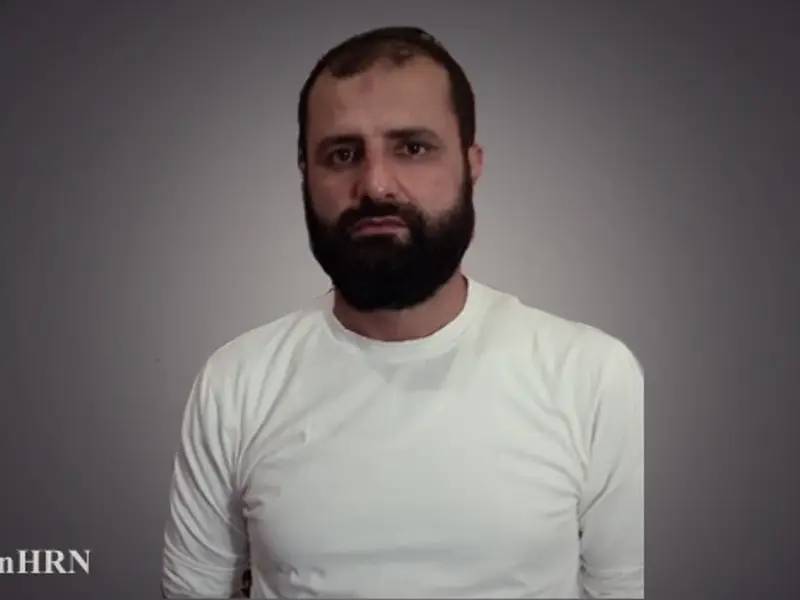Political prisoner Farhad Salimi was executed on Tuesday morning at Ghezelhesar prison in Karaj, west of Tehran, to mass outcry.
The Hengaw Human Rights Organization reported that attempts to allow Salimi's family a last visit were thwarted on Tuesday. The family arrived at the prison only to discover that the execution had already taken place.
Salimi, Khosro Besharat, Kamran Sheikheh, and Anwar Khezri, all sentenced to death in the same case, had been on a hunger strike since December 30, protesting the execution of three co-defendants and fearing their own impending fate.
Amnesty International had expressed serious concerns about Salimi's execution, calling on Iranian authorities to halt the process immediately. This follows a pattern, as three other co-defendants faced a similar fate in Ghezelhesar prison in recent months.
The case dates back to the arrests of seven individuals in West Azerbaijan province in December 2009 and January 2010, accused of belonging to "Salafist groups." In 2018, the Revolutionary Court of Tehran convicted them of "corruption on Earth" and alleged involvement in the 2008 murder of Abdolrahim Tina. Despite consistent denials, the Supreme Court upheld their convictions in 2020, refusing a retrial.
Since the uprising of 2022 hundreds of political prisoners have been executed in Iran, which has now been named the world's highest executioner per capita, with an average of three killings per day according to US-based Iran Human Rights Activists News Agency.

